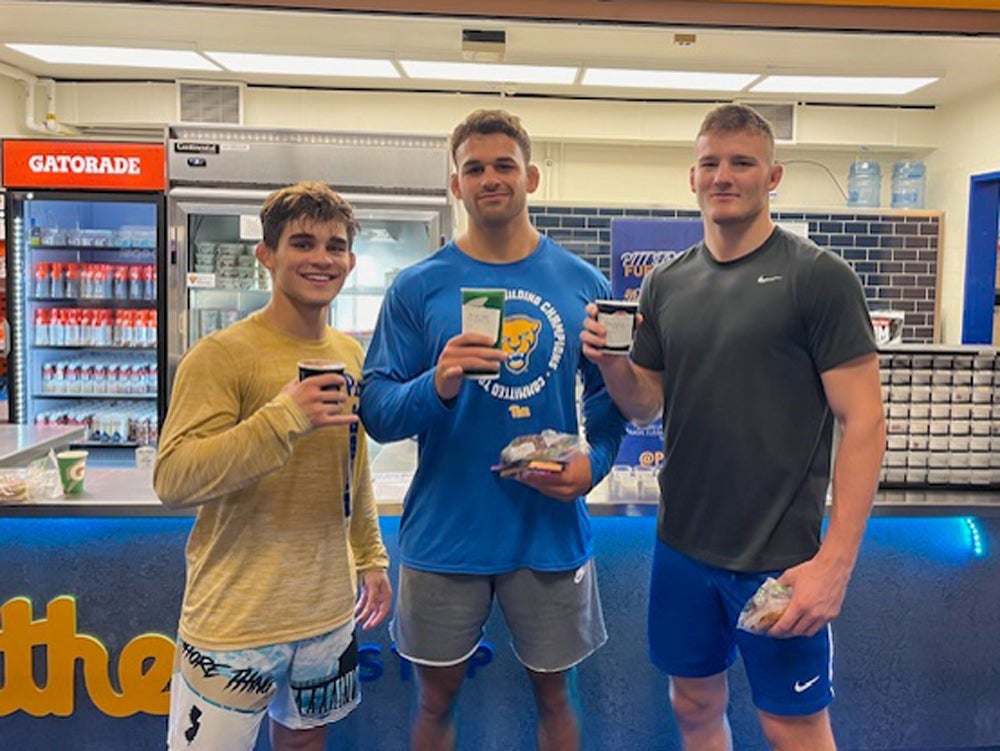
The Dietitian Nutritionist Team That Fuels Pitt Student-Athletes
In 2016, an important collaboration was built between the School of Health and Rehabilitation Sciences (SHRS) Dietitian Nutritionist (DN) program and Pitt Athletics, fostering a meaningful partnership for DN students and student-athletes alike.
Read More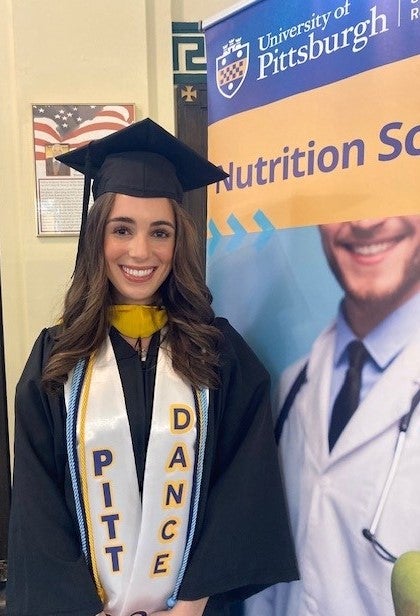
Nutrition Science student reflects on SHRS’ unique collaborative research opportunities
Giavanna Gulino is a senior studying Nutrition Science. Gulino shares her experiences in the program and the insight into her research opportunities!
Read More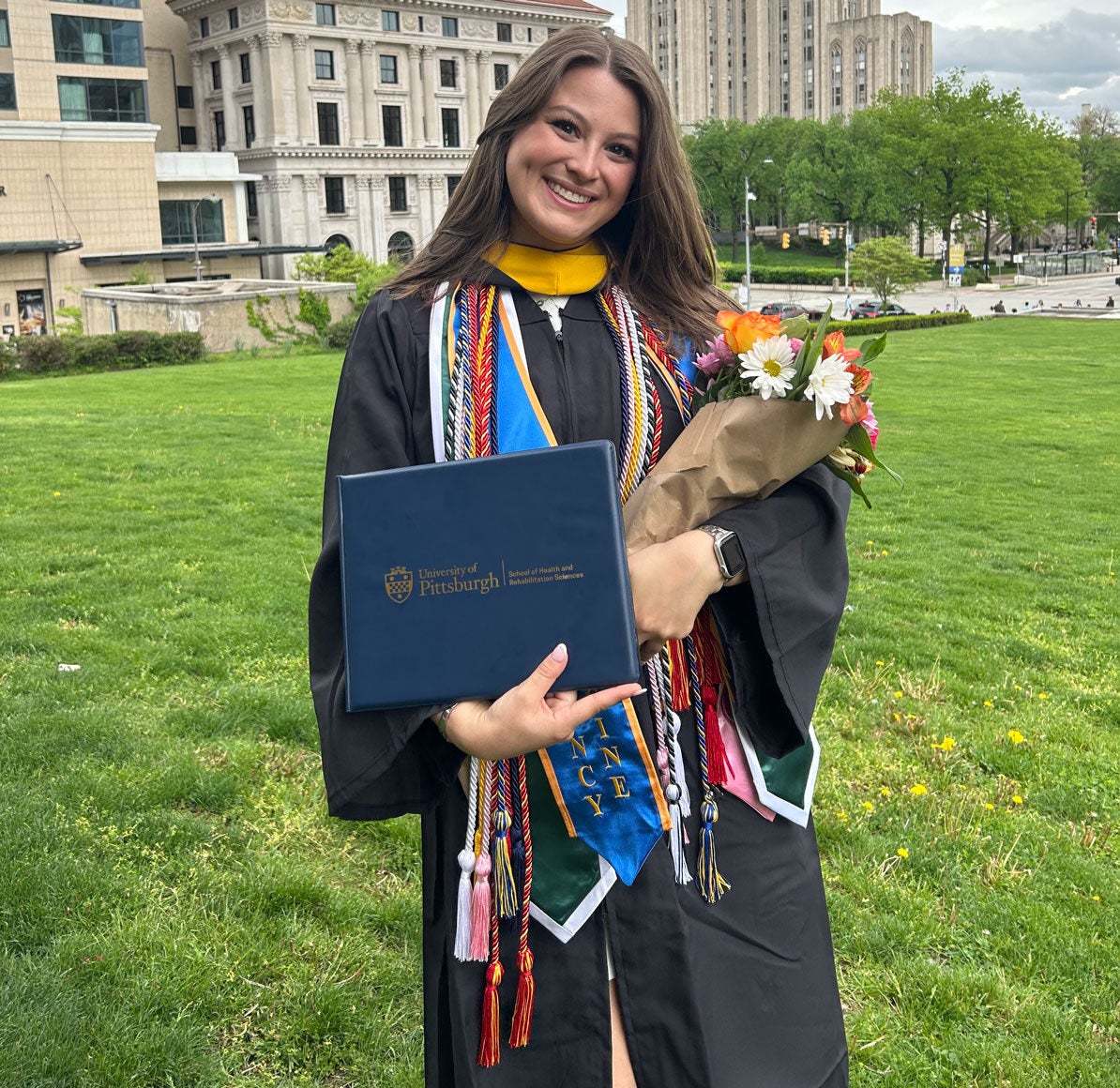
A Passion for Emergency Medicine and a Drive to Help Others
When Emma Thomas (EM '25) discovered the Pitt Emergency Medicine program, she found a passion that is setting her path for a successful career in medicine and helping others.
Read More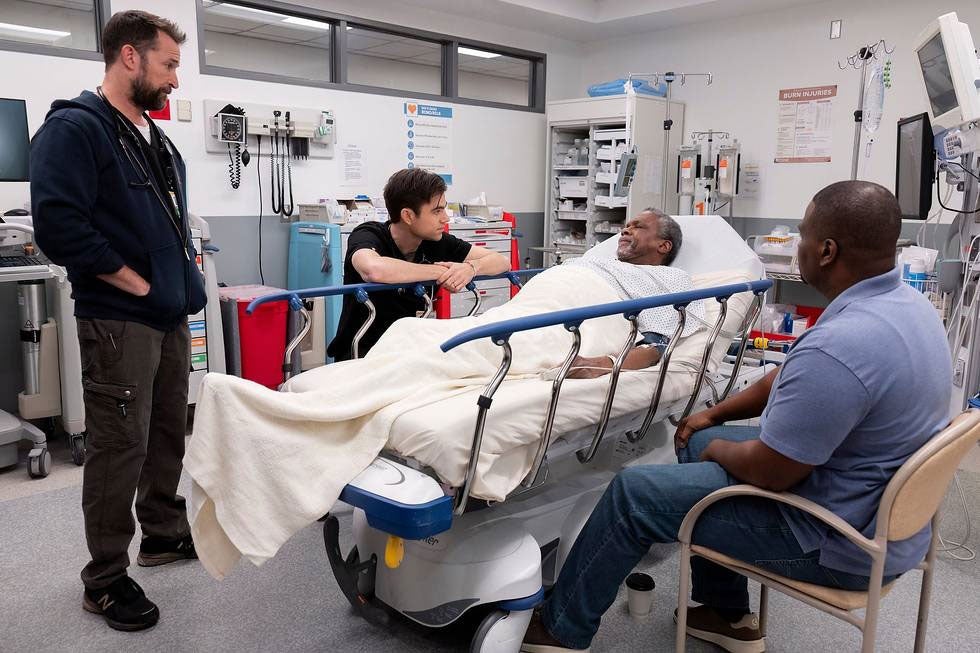
From the Freedom House to “The Pitt”: Emergency Medicine’s Original Heroes
Supporters of the historic Freedom House Ambulance Service at the University of Pittsburgh are seeking to reignite the story of these pioneering Black paramedics.
Read More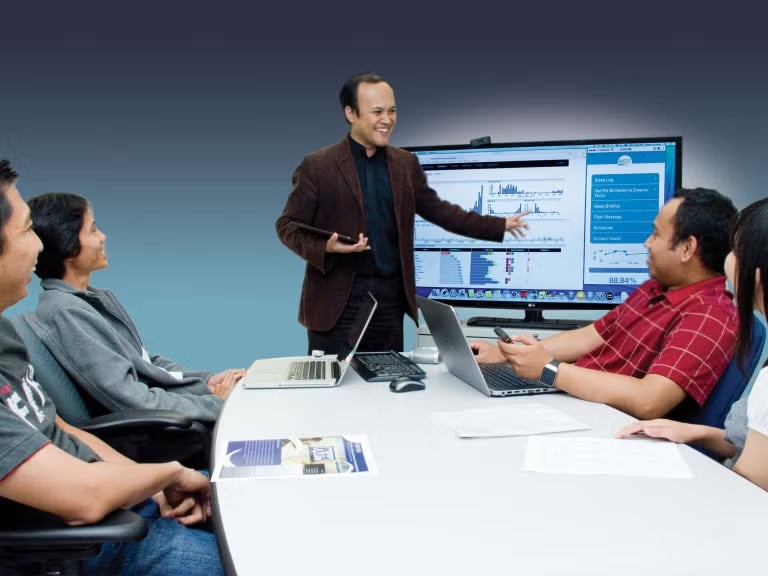
Health Informatics Careers are Taking Off
Health Informatics professionals are essential for managing and analyzing health care data, driving breakthroughs in disease prevention, treatment and the discovery of potential cures.
Read More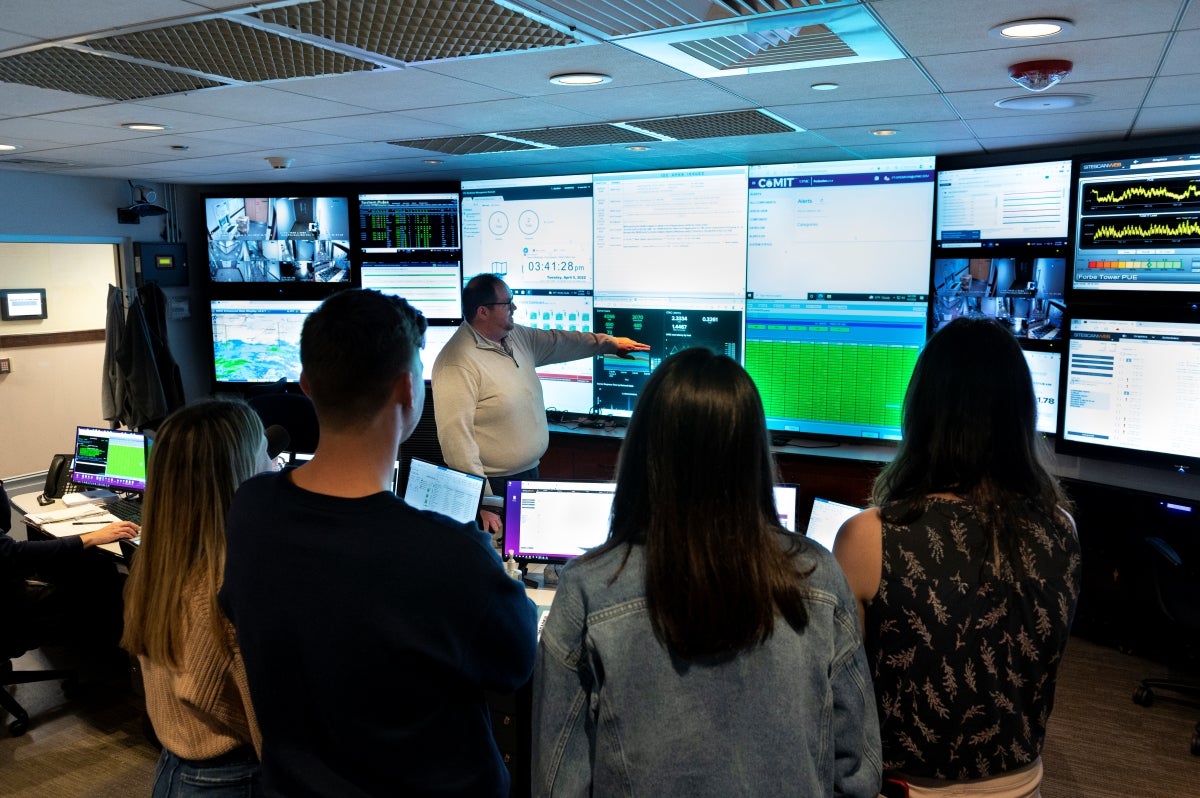
Bachelor of Science in Health Informatics (BSHI) – Student Career Development
The Bachelor of Science in Health Informatics program helps students explore their internship opportunities early on, setting them up for success in their post-degree career.
Read More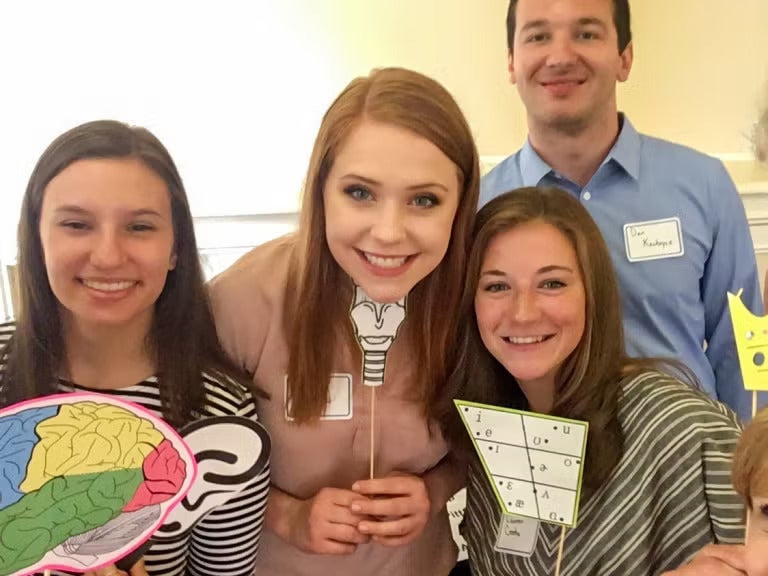
Communication Science: More than just a steppingstone to Audiology or Speech-Language Pathology
While a necessary path to graduate programs like Speech Language Pathology and Audiology, 25% of Communication Science (BS) students do not apply for graduate programs. This flexible, communication-focused degree sets students up for success in a variety of settings.
Read More

